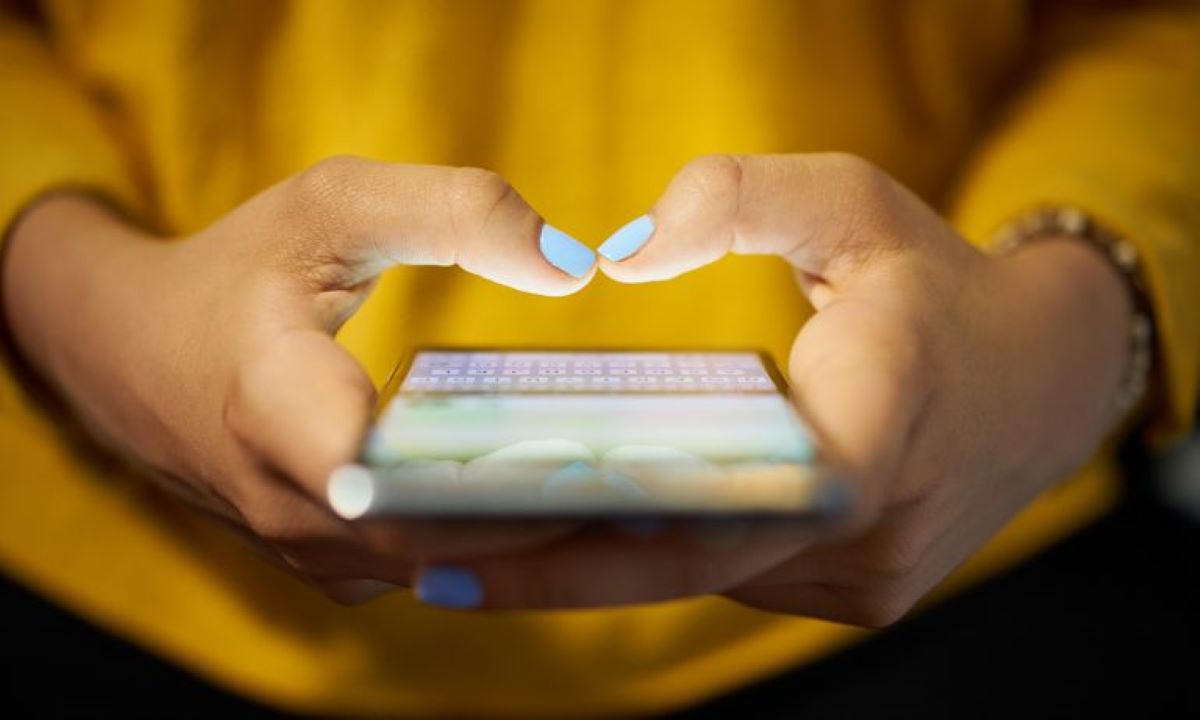Social media has integrated into our society, especially among the younger generations. Almost everyone is active on at least one of the major social media platforms. This level of connectedness comes with a variety of benefits, but social media usage can quickly turn into a stressful, negative experience if you let bad habits develop.
This article will examine some causes of those bad habits as well as how to practice self-care in your social media habits. Read on for a more detailed explanation of:
- Warning signs in your social media usage
- How to build good social media habits
Warning Signs in Your Social Media Usage

Without proper care, bad habits are quick to develop in your social media use. They often start small and are difficult to notice. If they are ignored, social media can turn from a positive influence in your life to a negative one.
Social media is very popular. It is an excellent way to stay connected with your friends and loved ones no matter where you are. Some warning signs are how you feel before and after looking through social media, if you are getting addicted, and developing a fear of missing out.
Does it Make You Happy?
This seems like an obvious warning sign, but the cultural and societal pressures to be on social media make it seem like a necessity whether or not it actually makes you happy. One common complaint about social media is that it feels like a chore. Keeping streaks on Snapchat, liking posts on Instagram, and retweeting on Twitter becomes a time sink without warning. Figure out what you like most about social media and prioritize that over what is a chore for you.
Fear of Missing Out
The fear of missing out is not new to social media, but seeing the highlights of everyone’s life in a never ending stream often worsens the feeling that you are missing out on the fun everyone else seems to be having. Social media is a highlight reel, not a summary.
Seeing ten posts in a row of people out with friends, having fun, and talking about how great things are going is not an accurate glimpse into their life. Although research on social media is still in its preliminary stages, it has shown a possible correlation between heightened feelings of anxiety or depression paired with high social media use.
Social Media Addiction
A mixture of factors tie together to make social media as addictive as it is. It is always at your fingertips and there is seemingly no end to the posts, pictures, and tasks for you to complete on social media. Together with the fear of missing out, these make it seem like there’s always a reason to be online or to check your phone for notifications every couple of minutes.
It is so easy for checking social media to become a habit, where you aren’t looking for anything in particular, it is just something to do when nothing is going on.
How to Build Good Social Media Habits

Although social media can turn into a negative influence on your life, it does not have to be that way. Knowing some of the warning signs, there are a lot of ways to cultivate good social media habits, turning them into pleasant, relaxing places.
Be Kind, and Surround Yourself with Kind People
This is very cliche, but its importance cannot be overstated. There is a lot of hate and criticism online, and getting caught up in it will only make things worse. That being said, it is impossible to stay away from the negative aspects of social media, and it is important to know how to handle stuff that makes you uncomfortable online.
There are countless triggers online, and there are ways to reduce the risk of coming across something like that but no ways to ensure nothing will come up. Take a moment to think about what you do not want to see on social media. This could be anything, from a reminder of past trauma to something that makes you uncomfortable.
Alongside that, follow friends, family, and people who you like to keep in touch with. Do not clog your feeds with people just for the sake of it. Interacting with your friends and leaving positive comments on their content is a great habit to get into. It is easy to fall into the role of an observer on social media, only scrolling through posts and leaving likes, but a few kind words can make someone’s day — and leaving a positive comment helps you feel better, too!
Check in with Yourself
Bad habits can develop quickly on social media. To effectively care for yourself, check in and evaluate your relationship with social media regularly. Make sure you are happy and think of social media as a positive influence in your daily life, and if you aren’t sure, figure out what is causing you distress.
Stay Connected in Real Life
One final area to practice self-care is never using social media as a replacement for face-to-face interaction. Seeing someone in person or even in a video call is very different from seeing their most recent posts on social media.
Catch up with your old friends and have conversations with them in conjunction with liking and commenting on their social media posts. Social media can keep you in touch with friends and family even if you haven’t seen them in many years. Take advantage of that! Catching up with loved ones and spending quality time is a great way to practice self care.
